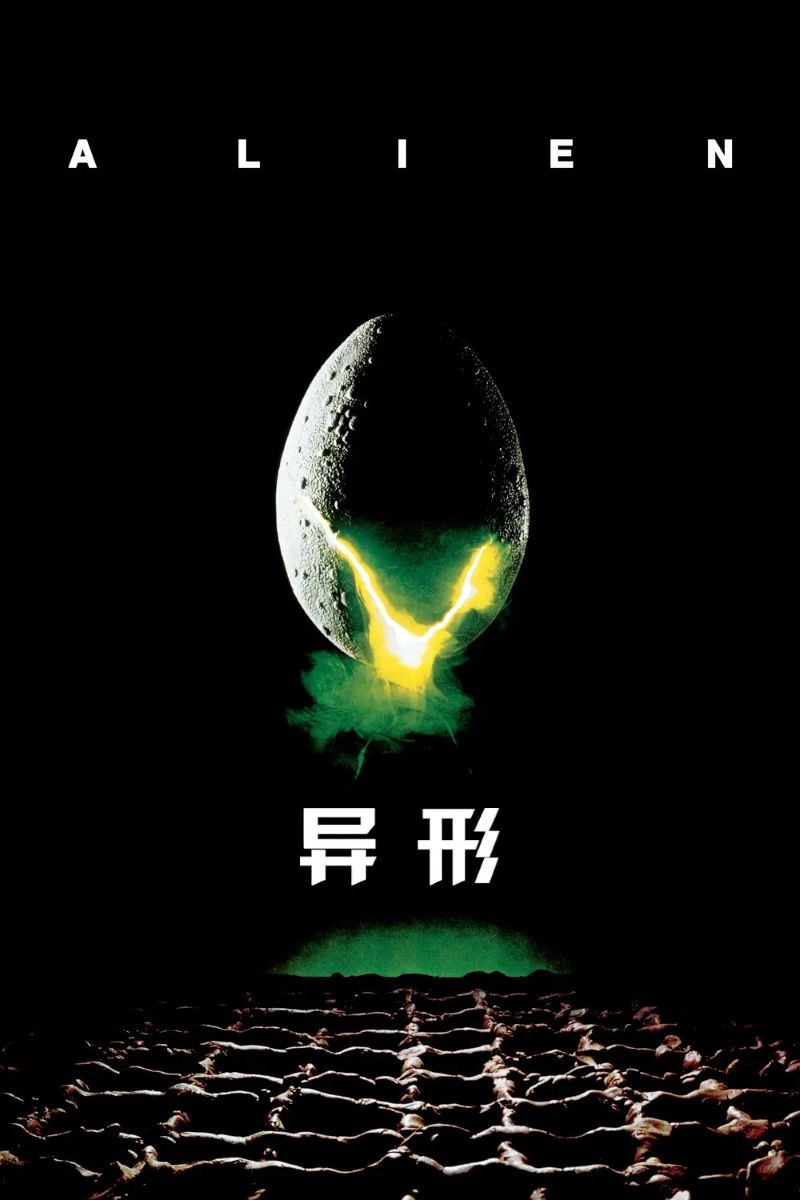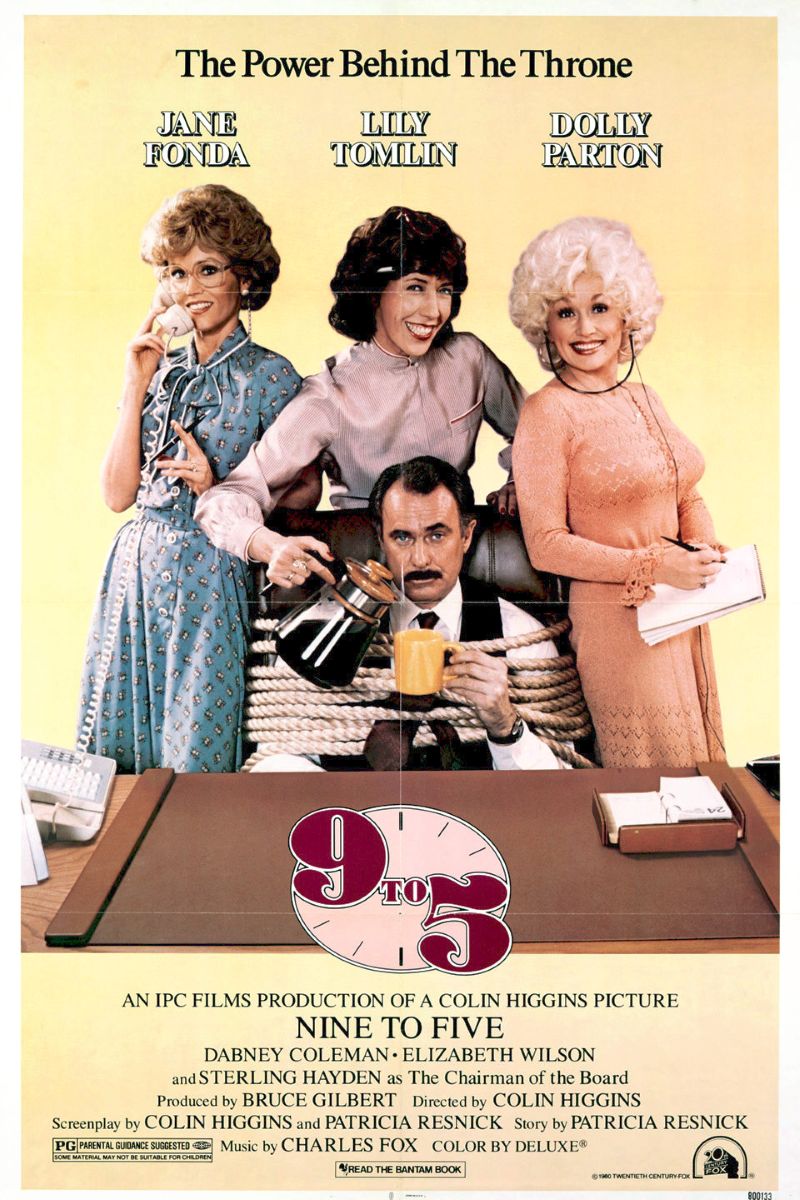
Alien
Alien
A classic science fiction horror film where Sigourney Weaver's Ripley becomes one of the most influential female characters in sci-fi cinema history. The film not only redefines the 'final girl' archetype but also deeply explores workplace gender discrimination and the dismissal of female leadership through its space horror packaging.
主演
🎥 影评与解读
“Alien” is far more than a science fiction horror film—it stands as one of cinema’s most important feminist texts. Ridley Scott’s masterpiece, through the terrifying events aboard the commercial towing vessel Nostromo, profoundly explores the deadly consequences of dismissing women’s voices in patriarchal society while creating the revolutionary female character of Ripley.
An Accidental Feminist Classic
The feminist value of “Alien” arose from a seemingly casual decision. Originally, all characters in the script were conceived as male, but during production, Ridley Scott decided to change Ripley to a female character. This decision for “shock value”—because “no one would expect a woman to be the last ‘man’ standing”—accidentally created one of science fiction cinema’s most influential female characters.
Sigourney Weaver, in her film debut, crafted this history-changing character. She is not merely a survivor but a leader who is intelligent, brave, capable of controlling fear, and focused on eliminating threats. Such female characters were extremely rare in the 1970s, laying the foundation for later female action heroes.
The Ignored Female Voice
The film’s most profound feminist critique manifests in the way Ripley’s voice is consistently ignored by her male crewmates. From the opening scenes, audiences can clearly see that no one respects her, no one wants to listen to her. As the highest-ranking officer on the ship, Ripley tries to warn the crew about the recklessness of their actions, but she is dismissed every time.
The crucial turning point occurs after Kane is attacked by the facehugger. Ripley, as the senior officer, refuses to let them board the ship because she knows this will endanger everyone’s safety. However, science officer Ash violates her orders and opens the airlock without authorization. This contempt for female leadership directly leads to the subsequent disaster.
This plot device serves not only as horror film setup but as a metaphor for women’s experiences in real workplaces. Women’s professional judgment and decisions are frequently questioned or ignored, even when they hold positions of authority. Ripley’s ordeal reflects the predicament faced by countless professional women.
Redefining the “Final Girl”
“Alien” completely redefined the “final girl” archetype in horror cinema. Traditional final girls were often portrayed as pure, passive victims who survived through moral cleanliness. Ripley completely subverts this pattern—she is active, rational, and professionally competent.
Ripley’s survival is not due to luck or male saviors but because of her intelligence, decisiveness, and professional skills. Her accurate assessment of the situation, adherence to protocol, and ultimate courage in facing the alien alone all demonstrate a new form of female heroism. This characterization profoundly influenced later female characters, from Sarah Connor to Katniss Everdeen, all bearing traces of Ripley’s legacy.
The Double Metaphor of Motherhood and Creation
The alien design itself is loaded with feminist metaphor. H.R. Giger’s biomechanical creation combines feminine and masculine elements, featuring both womb-like nurturing spaces and phallic attack organs. The alien’s reproductive method—gestating offspring through male hosts—subverts traditional gender roles in reproduction.
This “male pregnancy” concept was extremely subversive at the time, challenging traditional concepts of fertility and motherhood. Male characters experience the traditionally female processes of pregnancy and childbirth (the chestburster scene), giving male audiences an unprecedented sense of bodily vulnerability.
Simultaneously, Ripley’s rescue of Jonesy the cat at the film’s end demonstrates her protective instincts and maternal care. This detail maintains emotional depth for the female character without reducing her to a traditional maternal role.
Corporate Power and Gender Politics
The film’s critique of the Weyland-Yutani Corporation also carries gender political significance. The company’s willingness to sacrifice crew members to obtain alien specimens reflects the essence of patriarchal capitalism that prioritizes profit over human life. Ripley’s valuation of human life contrasts sharply with the company’s cold-bloodedness.
The android Ash’s betrayal carries deep gender implications. He represents rational, cold patriarchal technology, showing contempt for Ripley’s humanistic decisions. Ash’s malfunction and ultimate destruction symbolizes the failure of technological rationalism and the triumph of human compassion.
Visual Language of Gender Expression
Ridley Scott reinforces the film’s gender themes through visual language. The Nostromo’s design combines mechanical hardness with organic soft curves, an aesthetic style that blurs traditional masculine/feminine boundaries.
Ripley’s costume design is also noteworthy. She wears practical work clothes rather than traditional sexy outfits, emphasizing her professionalism over sexual appeal. The final scene where she appears in underwear, while showing her vulnerability, simultaneously demonstrates her resilience—even in her most vulnerable state, she can still defeat the threat.
Contemporary Workplace Parallels
The film’s workplace dynamics mirror contemporary gender issues in professional environments. Ripley’s experience of having her expertise questioned and her authority undermined reflects ongoing challenges faced by women in leadership positions, particularly in STEM fields and corporate settings.
The Nostromo crew’s dismissal of quarantine protocols despite Ripley’s warnings parallels real-world situations where women’s risk assessments and safety concerns are minimized or ignored. This pattern of behavior, where feminine-coded qualities like caution and care are devalued in favor of masculine-coded risk-taking and aggression, continues to play out in modern workplaces.
The Evolution of the Action Heroine
Ripley’s character established a new template for female action heroes that prioritized competence over conventional attractiveness, intelligence over physical strength, and moral courage over violent aggression. Her influence can be traced through subsequent characters like Sarah Connor in “The Terminator,” Ellen Ripley in the “Alien” sequels, and contemporary characters like Furiosa in “Mad Max: Fury Road.”
The character’s impact extended beyond cinema to influence real-world perceptions of women’s capabilities in traditionally male-dominated fields. Ripley became an inspiration for women entering careers in space, science, and technology, demonstrating that heroism and leadership could take forms different from traditional masculine models.
Technological Anxiety and Gender
The film’s exploration of technology through the character of Ash reflects broader anxieties about the relationship between technology and humanity. Ash’s betrayal of the crew in service of corporate interests represents the triumph of cold technological rationality over human values—values that Ripley consistently champions throughout the film.
This technological critique gains additional feminist resonance through its contrast between Ash’s emotionless calculation and Ripley’s empathetic decision-making. The film suggests that traditionally feminine qualities like intuition, care for others, and emotional intelligence are not weaknesses but essential human strengths that technological advancement should serve rather than replace.
Legacy and Cultural Impact
“Alien” proved that audiences would accept and celebrate complex female characters in genres traditionally dominated by men. The film’s commercial and critical success opened doors for more diverse storytelling in science fiction and horror, demonstrating that feminist themes could enhance rather than detract from genre entertainment.
Sigourney Weaver’s Oscar nomination for “Aliens” marked a watershed moment for recognition of women’s performances in genre films. Her portrayal of Ripley across the franchise established her as an icon of feminist cinema while proving that female-led action films could be both artistically and commercially successful.
Contemporary Relevance
Nearly five decades after its release, “Alien” remains startlingly relevant to contemporary discussions about workplace equality, corporate responsibility, and women’s leadership. The film’s themes about the cost of ignoring women’s voices and expertise continue to resonate in an era of increased awareness about gender dynamics in professional settings.
The movie’s exploration of bodily autonomy through the alien’s reproductive violations also speaks to ongoing debates about women’s reproductive rights and bodily self-determination. The horror of unwanted pregnancy and violation that the film depicts through its male characters provides a visceral understanding of experiences that women have long faced.
Scientific and Professional Authority
Ripley’s characterization as the crew’s most competent member challenged stereotypes about women’s capabilities in technical and scientific fields. Her mastery of the ship’s systems, her understanding of proper protocols, and her strategic thinking in crisis situations demonstrated that expertise and authority are not inherently gendered qualities.
This representation was particularly significant given the film’s 1979 release, when women’s participation in space programs and STEM fields was still limited. The character provided a powerful counter-narrative to assumptions about who could excel in high-tech, high-stakes environments.
Survival and Adaptation
The film’s focus on survival rather than conquest offered an alternative model of heroism that emphasized adaptation, resourcefulness, and endurance over physical dominance. Ripley’s ultimate victory comes not through superior firepower but through intelligence, determination, and the ability to think creatively under extreme pressure.
This approach to heroism has influenced countless subsequent films and continues to offer inspiration for real-world challenges. The character demonstrates that survival and success often require traditionally feminine qualities like patience, careful observation, and strategic thinking rather than aggressive confrontation.
Conclusion
“Alien” endures as both a masterpiece of science fiction horror and a groundbreaking work of feminist cinema. Through Ripley’s character, the film demonstrated that women could carry blockbuster films while addressing serious themes about gender, power, and authority. The movie’s influence extends far beyond entertainment to ongoing conversations about women’s roles in science, technology, and leadership.
The film’s lasting significance lies in its successful integration of feminist themes with popular entertainment, proving that challenging gender stereotypes and creating complex female characters enhances rather than limits storytelling possibilities. Ripley’s legacy continues to inspire new generations of filmmakers and audiences, reminding us that true strength comes in many forms and that the most effective leaders are often those whose voices have been too long ignored.
In an era when women’s expertise and leadership continue to face questioning and dismissal, Ripley’s story remains as relevant as ever—a reminder that listening to and respecting women’s voices isn’t just a matter of fairness, but often a matter of survival for everyone involved.
🏆 获奖与荣誉
- • Academy Award for Best Visual Effects
- • Saturn Award for Best Science Fiction Film
- • Saturn Award for Best Actress (Sigourney Weaver)
⭐ 评分与链接
相关推荐
讨论区
分享您的想法和观点
加入讨论
分享您的想法和观点
加载评论中...

